The basics of wellbeing - getting enough sleep, eating a good quality diet, being physically active each day, not smoking, cutting back on alcohol and other drugs and reducing stress - are good for the body and good for the mind as well.
Exercise
We know that exercise is good for our physical health. And there’s now a growing body of research that shows that physical activity is also good for our mental health. As well as helping to improve your mood, physical activity can protect against depression, and potentially other mental health conditions. A recent study found that regular physical activity can lower your risk of depression by around 12 per cent.

Physical activity is about movement - and the good news is that it doesn’t really matter what you do. Playing with the kids, doing the housework, or moving around at work all help - or you might prefer something more structured like swimming, running, cycling or working out at the gym. Physical activity improves your mental wellbeing by:
- Changing the balance of hormones and the brain’s neurotransmitters
- Giving you a focus that takes your mind off problems and reduces stress
- Getting you active and involved with others - your friends, personal trainers, other gym members or team mates.
While we don’t know exactly what type of exercise is best for preventing depression and other conditions, it’s recently been recommended that 45 minutes of moderate to high intensity physical activity three times a week is a good place to start.
Ultimately, anything you can do to get active is better than nothing.
Sleep
Sleep is important for our health. It’s when our body and mind get a chance to rest and repair – and sleep deprivation is a risk factor for depression and other conditions. You know how you feel when you don’t get enough sleep. Irritable. Frazzled. Things seem that little bit harder. A lack of sleep can affect your concentration, decision making and coping skills, particularly when you’re under stress.

While lack of sleep doesn’t ‘cause’ mental health conditions, it can be a contributing factor, so getting a good night’s sleep is important.
Good sleep habits include:
- Going to bed and waking up around the same time each day. The sleep ‘centre’ in our brain loves routine. It allows your body clock to get into a smooth rhythm.
- As much as possible, sleep when it’s dark and be awake when it's light. Our brain’s sleep mechanism has evolved to respond to sunlight and darkness.
- Having a pre-bedtime wind-down routine so your mind is ‘tuned-down’ rather than ‘switched on’. Avoid caffeine or stimulants before bedtime.
- Relax. Many people find it hard to sleep because they keep churning over what happened today or worry about what’s going to happen tomorrow. Clear your head before you go to sleep by writing your thoughts down, or doing a meditation or relaxation exercise.
- Have a quiet, comfortable and distraction free place to sleep. Switch off devices and screens - and leave your phone in the lounge.
This may not seem like rocket science, but it’s amazing how many people break the ‘rules’ or try to get by with less sleep. A good sleep routine can make a big difference to your health and mental wellbeing.
Nutrition
Food is vital to life. It seems obvious - without energy and nourishment, we won’t last long. But not all food is created equally. A healthy diet provides the nutrients we need to keep everything in our body working smoothly. Everything we need to grow and stay well is contained in everyday foods, so most people don’t need supplements. It’s a matter of knowing what’s ‘good for you’ and what’s not.
Can gut health affect mind health?
Recent studies have found that our diet influences the type and balance of bacteria in our gut. These bacteria - called the microbiome - release certain chemicals that affect your immune system. This in turn can affect the way your body repairs the day-to-day wear and tear that affects both your brain and body. A healthy diet supports a good mix of bacteria in your gut, while other diets - like those high in junk foods and processed foods - can create a bad mix of gut bacteria, generating chemicals that affect your immune system and brain.
Research shows that to reduce the risk of developing depression you should:
- follow dietary patterns such as the Mediterranean, Norwegian, or Japanese diet.
- eat more fruits, vegetables, legumes, wholegrain cereals, nuts, and seeds.
- eat more foods rich in omega-3 polyunsaturated fatty acids such as fish, fish oil and flaxseed oil.
- cut down on processed-foods, fast food, takeaways, and sweets.

Eating plenty of fresh food and cutting back on processed junk can boost your mood and reduce your odds of experiencing depression -as well as your risk of heart disease, cancers, and other health issues. It’s a win-win!
Stress management
Stress is part of life and can come in many forms – daily hassles, challenging life events, or major trauma. While different things stress out different people, the mechanisms behind this emotion are similar for all of us. Stress is our natural response to a threat or danger - either real or imagined - to ourself or people we care about. It can be a physical threat or a threat to your relationships, job, reputation, financial situation or anything that’s important to you.

The risks of long-term stress
When you’re stressed, you’re focused on the threat and how to manage it.
A little bit of stress, particularly in the face of a real danger, is very helpful. It psyches you up and prepares you for action.
However, too much stress can overwhelm you and contribute to a range of health and mental health conditions. Constant low-grade stress that accumulates over time, or a major life trauma can create an overload that can damage your body’s immune and other systems.
Too much stress can even change your DNA and switch on the genes linked to mental health conditions. Recognising and dealing with stress is therefore a major part of promoting mental wellbeing and preventing mental health conditions.
It’s essential to stay ahead of the curve and not let stress build up, get on top of you or stay high for too long. While we all deal with stress in different ways, there are a few strategies that most people find useful. Some are simple, others take a little practice to master. But once you have acquired these skills, they can last a lifetime.
- Pleasant events scheduling is all about creating time in your week to do things you enjoy! Whether it’s spending time with friends and family, pursuing a sport or a hobby, listening to music, or getting out in nature, it doesn’t really matter what you do as long as you find it enjoyable. It’s particularly helpful to do things that you can fully immerse yourself in and that give you a sense of engagement, accomplishment and purpose. When you’re completely absorbed in something you enjoy, you can get into a state of flow. Time just passes without you even noticing. Your worries seem another world away and you relax.
- Slow deep breathing is a good relaxation technique, particularly if you feel panic. Slow breathing involves slowing down your breathing to around 10 or so breaths a minute. You can do it by slowly counting to three as you inhale and to three again as you exhale, so you’re taking six seconds to complete a breath. Slow breathing acts as a circuit breaker. It sends a signal back to the brain that helps to shut down the stress response. It’s like a ‘manual override’ that switches off your brain’s automatic flight-fight-freeze system.
- Progressive muscle relaxation (PMR) is another common relaxation technique. Like slow breathing exercises, PMR can help to override the body’s stress response. PMR consists of briefly tensing and then relaxing each muscle group in your body. It’s best to do it somewhere quiet and free of interruptions. Tightly clench and then quickly relax each of your muscle groups in turn, starting from your head and working down to your toes (or vice versa). The whole exercise can take up to 10-15 minutes as you work through each group (left and right) in turn.
Stress busters like ‘rational’ self-talk and mindfulness meditation are also very helpful.



